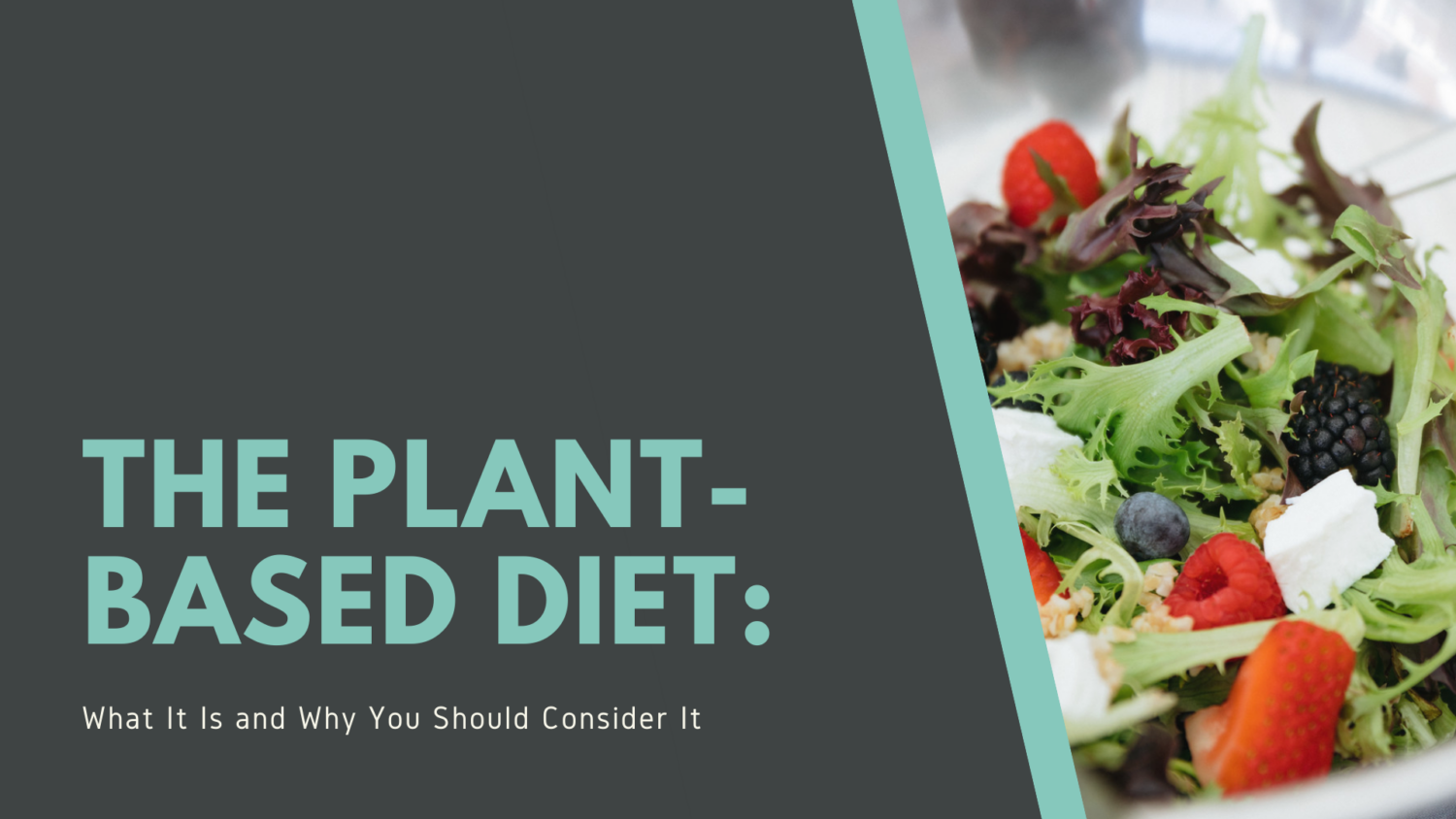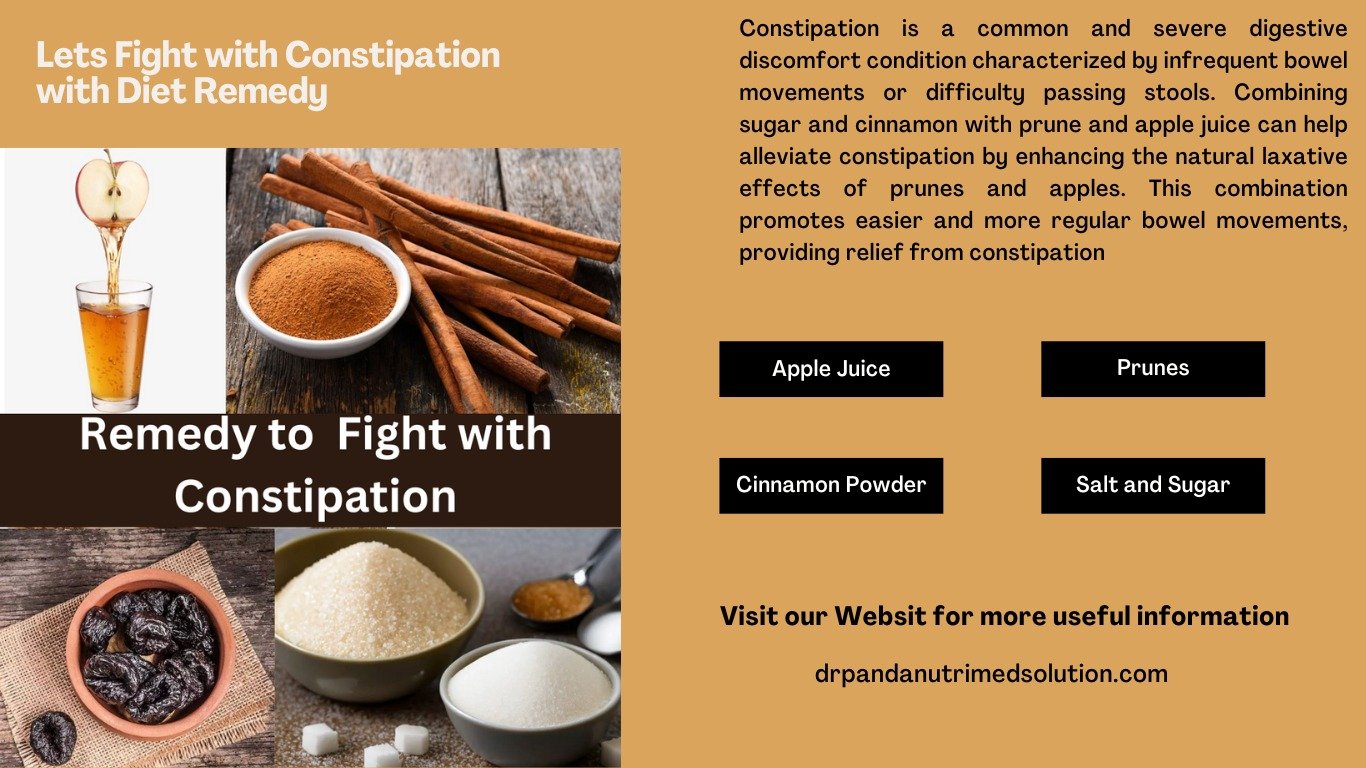Introduction:
A plant-based diet involves consuming foods derived from plants, such as fruits, vegetables, whole grains, nuts, seeds, and legumes. This dietary choice has gained popularity due to its associated health benefits and positive environmental impact. This article explores the benefits of a plant-based diet as well as important considerations when adopting this lifestyle.
Benefits of Plant Based diet
1.Nutritional benefits:

- Rich in Nutrients:
plant-based diets are typically rich in fiber, vitamins (such as vitamin C and folate), minerals (such as potassium and magnesium), and phytonutrients (plant compounds with antioxidant properties).
- Lower in Saturated Fats and Cholesterols:
By decreasing or eliminating animal products, plant-based diets tend to be lower in saturated fats and cholesterol, which can promote heart health and lower the risk of cardiovascular diseases.
2.Health benefits:

- Minimize the Risk of Chronic Diseases:
Many studies have shown that plant-based diets are associated with a lower risk of chronic diseases, including heart disease, type 2 diabetes, and certain types of cancers.
- Improved weight management:
Plant-based diets are often lower in calories and higher in fiber, which can help with weight loss and weight management.
Consideration When Adopting Plant Based Diet
1.Nutrients consideration:
- Proteins:
Plant-based sources of protein include legumes (beans, lentils, chickpeas), tofu, tempeh, edamame, nuts, seeds, and whole grains like quinoa.
- Calcium:
Plant-based sources of calcium include fortified plant milks (soy, almond, oat), tofu made with calcium sulfate, leafy greens and almonds
2.Meal Planning Tips:
- Variety:
Aims for a variety of fruits, vegetables, whole grains, and plant-based proteins to ensure a balanced diet.
- Experiments:
Explore new recipes and cooking methods to make meals enjoyable and satisfying.
- Planning Ahead:
Plan meals and snacks in advance to ensure adequate nutrition and avoid relying on convenience foods.
conclusion
A plant-based diet offers numerous health benefits, supports environmental sustainability, and encourages culinary creativity. By considering the nutritional aspects and practical considerations outlined in this article, individuals can confidently embrace a plant-based lifestyle that aligns with their health goals and values.
FAQs:
.Is a plant-based diet suitable for everyone?
- Plant-based diets can be suitable for people of all ages, including children and pregnant or breastfeeding women, with proper planning to ensure all nutrient needs are met.
2.Where do plant-based eaters get their protein?
- Plant-based sources of protein include beans, lentils, tofu, tempeh, nuts, seeds, and whole grains. Combining different plant proteins throughout the day ensures adequate protein intake.
3.How can I ensure I get enough vitamins and minerals on a plant-based diet?
- Eating a variety of fruits, vegetables, whole grains, nuts, seeds, and fortified foods (like plant milks and cereals) can provide essential vitamins and minerals. Supplements like vitamin B12 may be recommended.
4.Will I lose weight on a plant-based diet?
- Plant-based diets may promote weight loss due to their lower calorie density and higher fiber content, but individual results vary depending on overall dietary habits and physical activity levels.
5.What are some tips for transitioning to a plant-based diet?
- Start gradually by replacing one or two animal-based meals per week with plant-based options. Explore new recipes, experiment with different ingredients, and seek support from online communities or nutrition professionals.
Read More:
A COMPLETE GUIDE TO BALANCING YOUR DIET FOR MANAGING PCOShttps://drpandanutrimedsolution.com/a-complete-guide-to-balancing-your-diet-for-managing-pcos/



